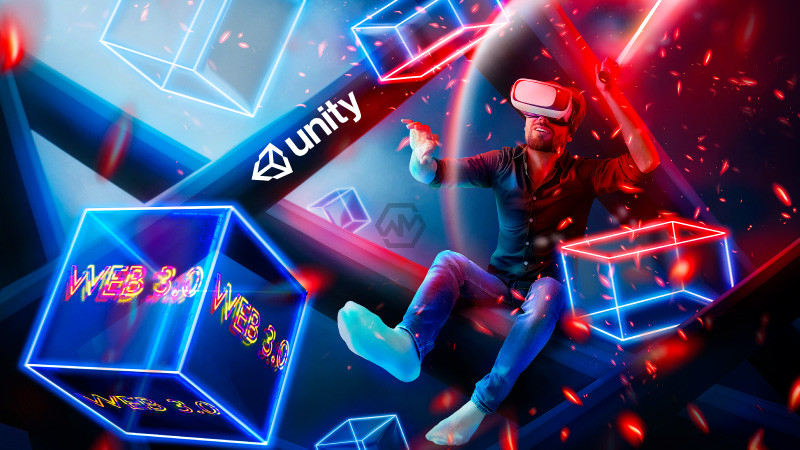One of the biggest names in the gaming sector, Unity, has announced that its engine will support a number of novel blockchain technologies. Users will be able to manage tokens and digital identity solutions that can be exported to the real world thanks to the options, which are geared towards developers. They will also be able to get actual ownership of the things they have in-game.
This implies that creators will be able to utilize and incorporate these technologies into their games more effectively, concentrating on creating experiences rather than the technical problems caused by intricate blockchain implementations. This covers the creation of NFT-focused experiences as well as games based on the play-to-earn paradigm.
Unity Gaming Engine
The 13 various software development kits for integrating blockchain services are part of the “verified solution” technology. The decentralized solutions accessible for various uses include Aikon Ore ID, Algorand, Altura, Aptos Labs, Dapper Labs, Immutable X, Infura, Metamask, Nefta, Pocketful of Quarters, Solana, Tezos, and Truffle.
Token management wallets are among some of these tools, while others are aimed at making it easier to manage digital identification procedures in virtual environments and yet others provide metaverse development choices.
- Unity has announced that its engine will support a number of novel blockchain technologies.
- Powerhouse metaverse game already makes use of Unity.
- This move was even more significant for the incorporation of these technologies in previously existing games.
These “verified solutions” are freely accessible via the Unity Asset Store, making it easier for even novice developers to gain experience and create simple blockchain-integrated applications.
Powerhouse metaverse game platforms like The Sandbox and Decentraland, two of the most well-known blockchain-powered experiences available, already make use of Unity.
The CEO of Unity, John Riccitiello, has expressed optimism about the use of these technologies in the not-too-distant future. By 2030, according to Riccitiello’s view, the internet will have evolved into a network of connected metaverse sites. He made this claim in June.
Riccitiello claimed at the time that this move was even more significant for the incorporation of these technologies in previously existing games because more than 50% of real-time experiences on the gaming market were created using Unity tools.



